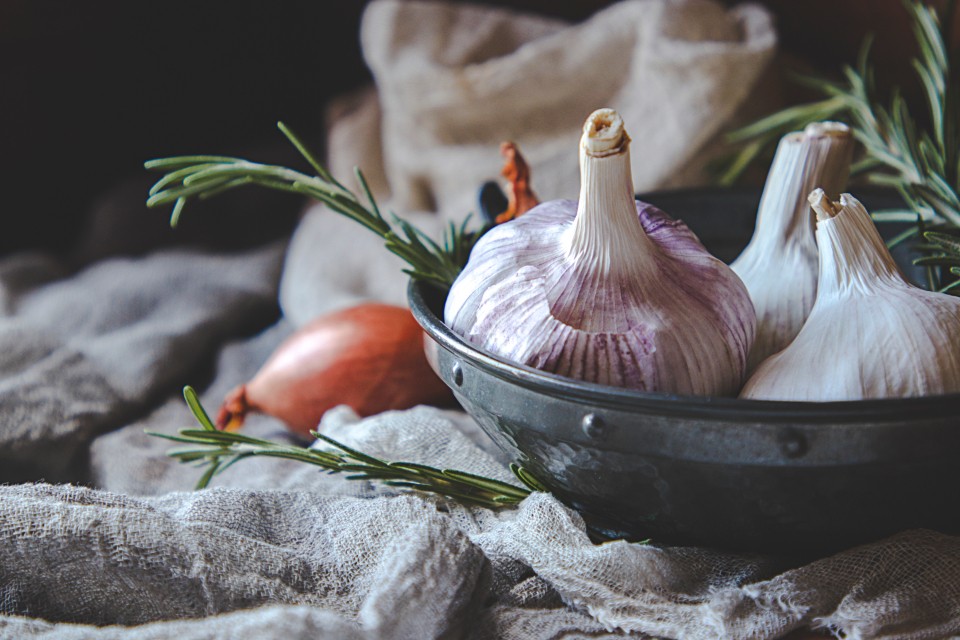Repost from the Nosher: Yemenite Matit
Thank you to The Nosher for posting my story and recipe.
In a beautiful coincidence, my daughter-in-law's Savta (grandmother) Shoshana was born in Yemen's capital, Sana'a, where my paternal great-grandparents were also born. Both our families ended up in Israel. While my father was less forthcoming about his Yemenite heritage, I recognize many of the traditions and behaviors that my daughter-in-law has shared with me about her beloved savta.
Both her savta and my paternal grandmother, for instance, believed in the power of food to connect, which I now understand to be a widely held belief in the Sana'a community. Her savta would host her Arab neighbors at her home in Yemen, and my grandmother prepared food for Arab neighbors in Jerusalem, both with the intention of promoting and preserving peace.
Another Sana'a legacy we share is a tradition of natural medicine; in Yemen, there was no Western medicine. When Savta Shoshana came to Palestine as a teenager (she was married at 13 or 14 and arrived in Jerusalem pregnant with her first child; on the way, her jewelry and identity papers were stolen, so she never knew the precise age or year she arrived), she stuck to this tradition. Savta used to say that the secret to the long lives of Yemenites was eating only healthy, natural foods, and had various cures that she'd prescribe to heal the body and soul. Anecdotally, this checks out: She lived until 95 or 96.
Talking to my daughter-in-law about this made me realize that, as Canadian as I am, we have more in common than we think. My father did not believe in buying medicine from a pharmacy, and we rarely had any in the house. Instead, he used to put honey on bee stings, cut open grapes to put on cuts and scrapes, and slice cucumbers to put on my forehead and cheeks when I had a fever. At the time, in a cosmopolitan Canadian city in the 1970s and 80s, it only reinforced to me that he was an alien, a completely foreign element. But learning about my daughter-in-law's grandmother, he comes more into focus as a product of a vastly different culture that has taken me decades to understand. It is not surprising that if you Google all of these remedies, you will find that grapes, honey and cucumbers do, indeed, have healing properties.
This is one of Savta Shoshana's Jewish Yemenite medicinal recipes called matid or matit. She described it as "nature's antibiotic," claiming that the combination of garlic, sour cream, crushed tomatoes and lemon strengthens the immune system and cures sore throats and sinus and lung infections. You can season the mix with a couple of teaspoons of savory hawaij (AKA hawaij-for-soup) — a punchy, turmeric-heavy Yemenite spice blend.
This recipe does not keep in the fridge, so it should be eaten straight away with strips of bread for a healthy, nutritious breakfast.
- ¾ cup sour cream or eshel (a buttermilk-like product)
- 13-15 crushed garlic cloves
- 3 Tbsp plain white flour
- 2 Tbsp lemon juice
- 3 tomatoes (the freshest you can find), grated by hand
- 2 tsp hawaij (optional)
- strips of bread (to your taste)
- Mix all the ingredients together. Serve immediately. Photo: Thank you Foodie Girl
When you subscribe to the blog, we will send you an e-mail when there are new updates on the site so you wouldn't miss them.


Comments